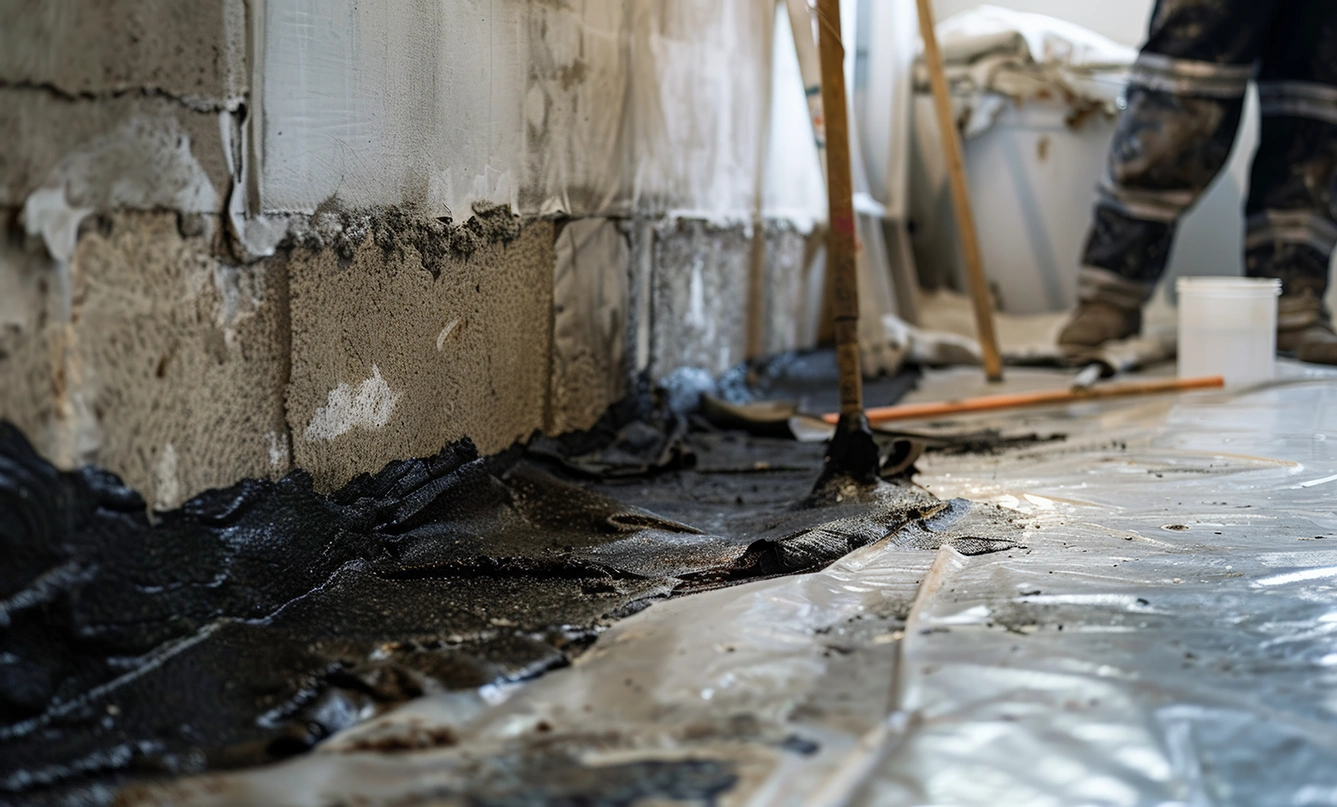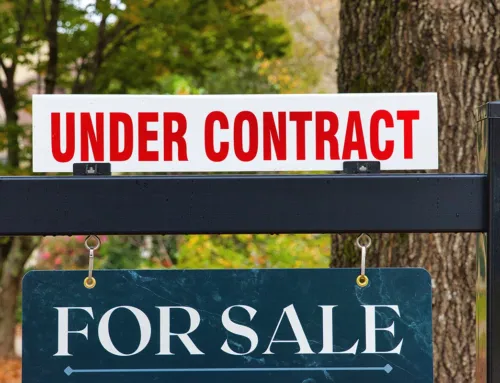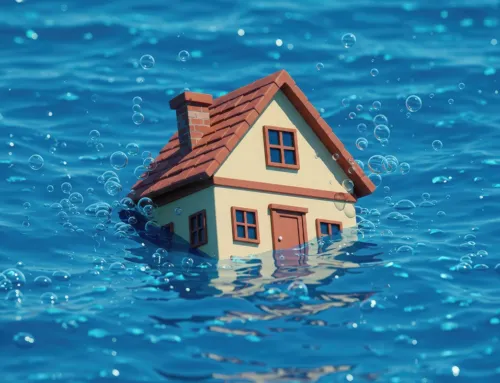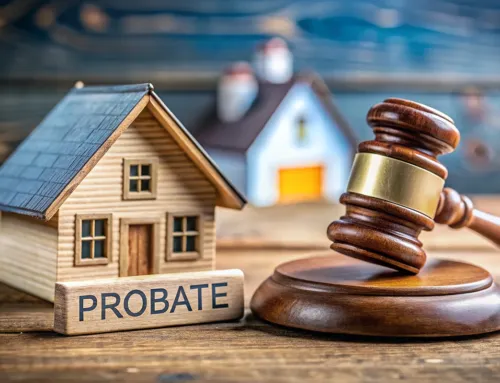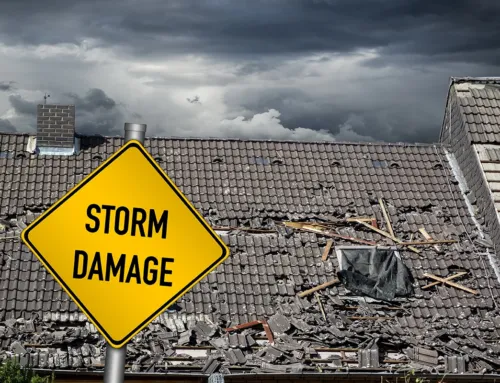If you're dealing with mold in your home and wondering whether it's even legal to sell, you're not alone. Mold is one of the most common (and most stressful) problems homeowners face…especially when finances are tight or repairs feel out of reach.
The good news? Yes, it is legal to sell a house with mold.
But there are some important things to know if you want to avoid getting stuck with liability after the sale.
Not All Mold Is Created Equal
There's a big difference between a bit of mildew in the bathroom and a serious black mold problem in the basement.
Here's a quick breakdown:
- Surface Mold: This is the kind of mold you might find on a shower wall, window sill, or under a kitchen sink. It's usually caused by minor moisture and poor ventilation. In many cases, homeowners can clean it themselves using store-bought products and proper protective gear.
- Widespread or Toxic Mold: Mold that's in the walls, floors, HVAC system, or spreading through the foundation is a different story. This kind of mold often requires professional remediation, and if it's not handled properly, it can cause serious health issues and major damage to the structure of the home.
Mold Can Lead to Bigger (and More Expensive) Problems
If left untreated, mold doesn't just stay in one place. It spreads. And as it spreads, it can ruin drywall, rot wood, damage insulation, and even weaken your home's structural integrity. What starts as a minor issue can turn into a massive repair bill, especially if the moisture source (like a leak or foundation crack) hasn't been addressed.
Can You Still Sell a House with Mold?
Yes, you can, but you need to be honest about it.
In Ohio, sellers are required to disclose known defects, including mold, to potential buyers. Hiding it or failing to disclose it could come back to haunt you legally, even after the sale.
That said, many buyers (especially cash investors) are still willing to buy houses with mold. They often have teams in place to handle remediation quickly and can take the property as-is, without repairs, inspections, or long waiting periods.
If you're in cities like Strongsville, Medina, Parma, Brunswick, or North Royalton, you've likely seen homes in your neighborhood that looked "too far gone" get flipped or rehabbed. This is exactly the kind of situation that attracts experienced investors.
Should You Fix the Mold or Sell As-Is?
It depends on your situation:
- If the mold is minor and you have the ability to clean and repair it affordably, doing so might help boost your home's value.
- But if the mold is widespread and you're already feeling overwhelmed, especially if you're behind on payments, dealing with health issues, or facing other financial stress, it may make more sense to sell as-is and let someone else handle the cleanup.
We buy houses with mold, no matter how bad it looks.
If you're not sure what to do next, we'll take a look, talk you through your options, and give you a fair cash offer with no pressure, no judgment, and a path forward.

